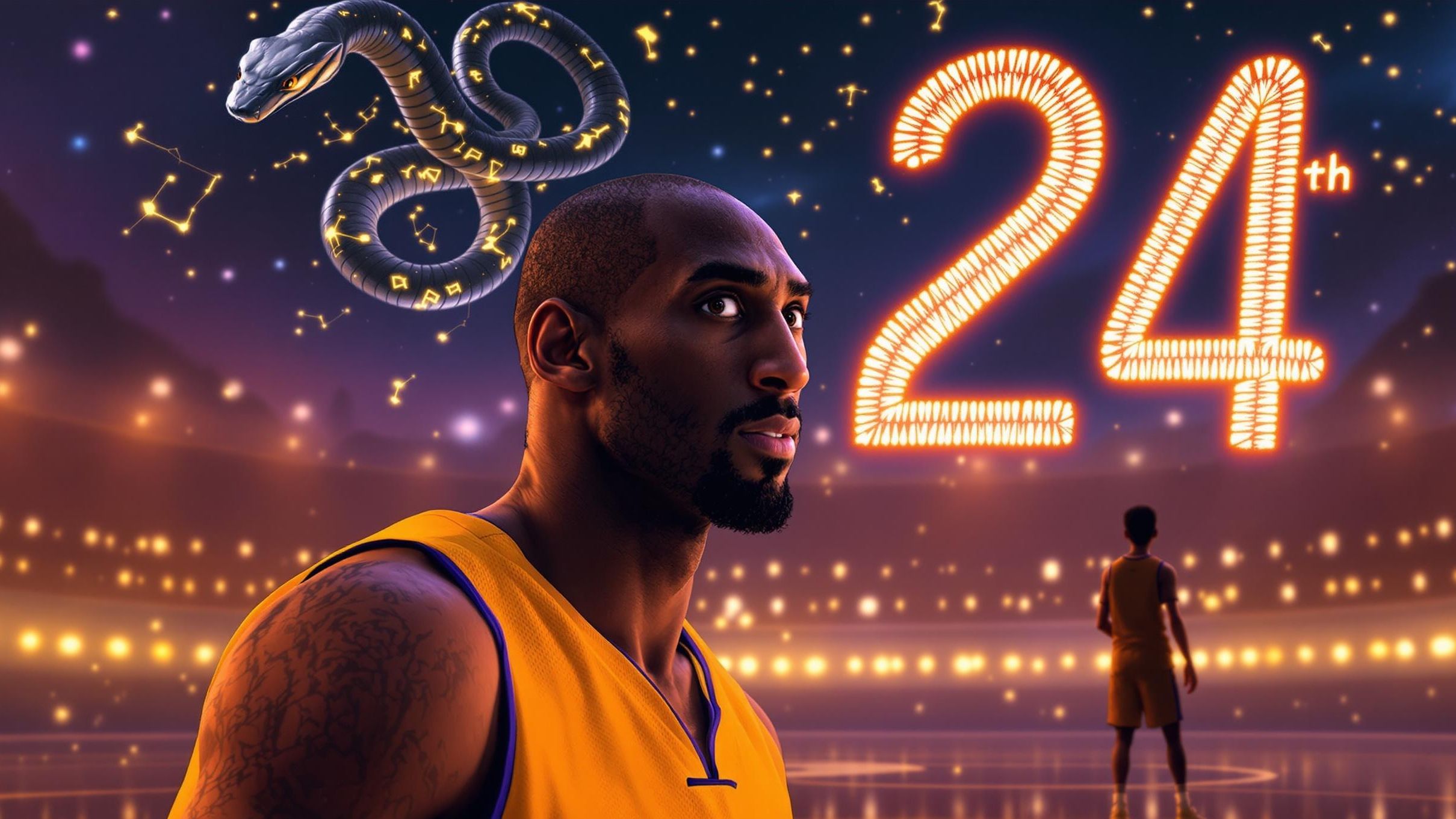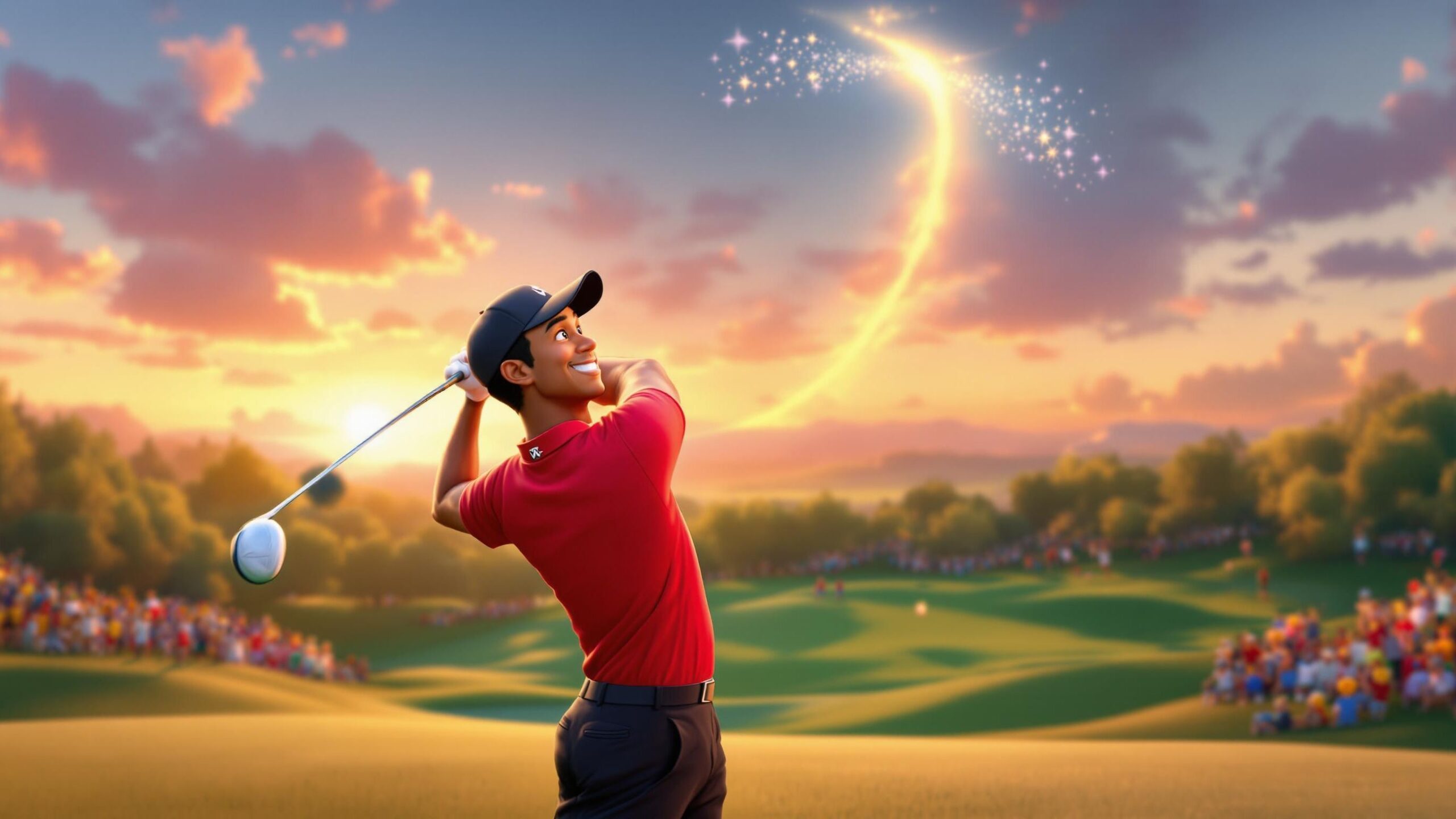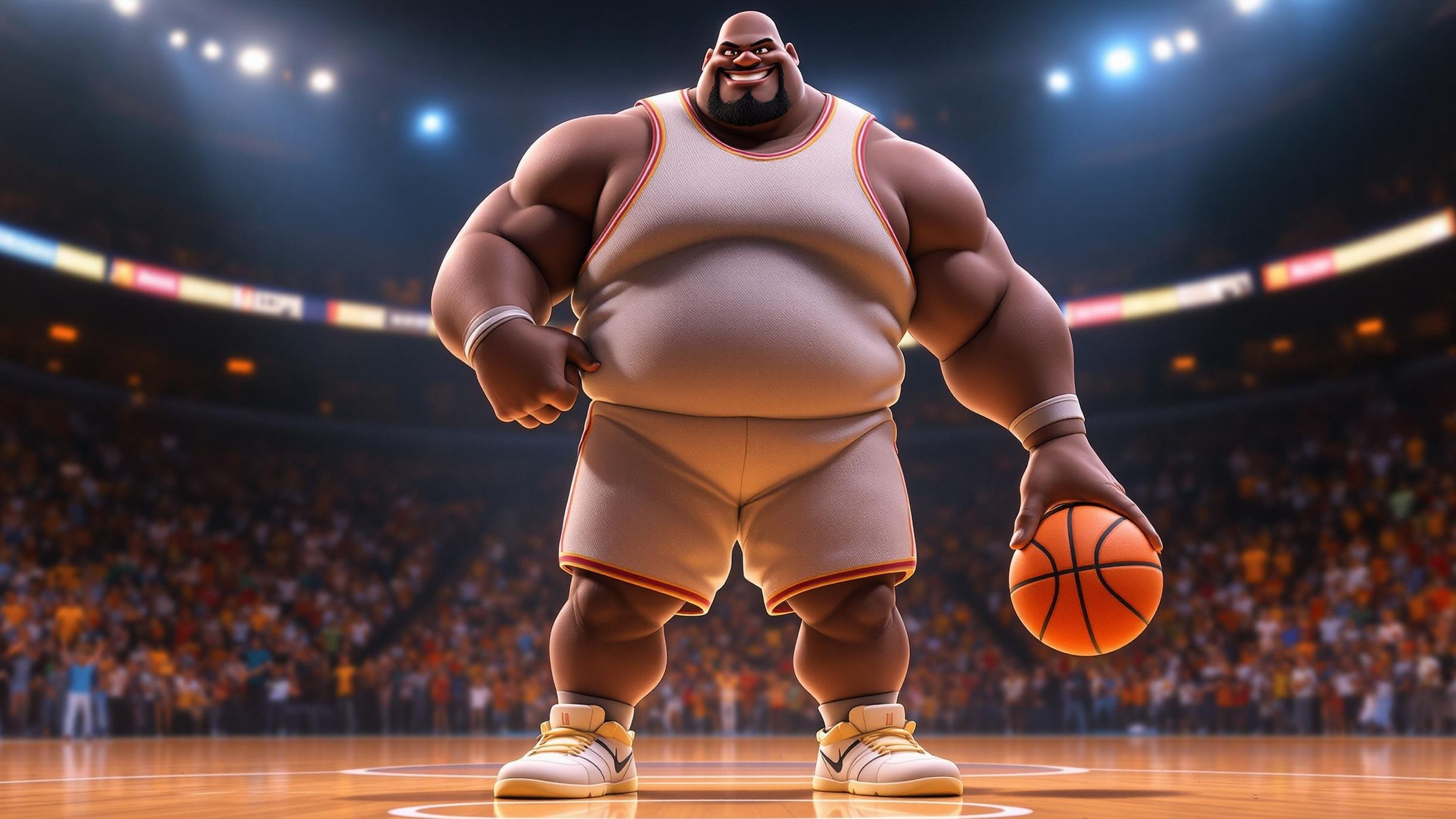When you hear the name Michael Jordan, it doesn’t just bring to mind a basketball player—it summons an entire era, a standard of greatness, and a cultural phenomenon that transcends the game itself. Jordan wasn’t merely an athlete; he was a force of nature. From soaring slam dunks and buzzer-beating shots to iconic commercials and global fame, he turned every court into a stage and every game into a spectacle. Whether it was his fierce competitiveness, unparalleled work ethic, or magnetic charisma, Jordan didn’t just redefine what it meant to be a basketball player—he redefined what it meant to be legendary. His journey is one of talent sharpened by discipline, challenges answered with triumph, and a legacy that continues to inspire every athlete who dares to dream big. This is the story of the man who made the impossible look routine and left the world forever chasing greatness in his shadow.
The Beginning of a Legend
Before he ever soared through the air in a Bulls jersey, before his name was synonymous with basketball royalty, Michael Jeffrey Jordan was a boy from Wilmington, North Carolina, with a dream that reached higher than any rim. Born on February 17, 1963, Jordan was raised in a close-knit family that valued hard work and humility. It wasn’t until high school that his potential started to shimmer—although, in a now-famous twist, he was cut from the varsity basketball team as a sophomore. Rather than sulk, Jordan trained harder. That setback ignited a fire that would never go out.
At the University of North Carolina, Jordan quickly made his mark, hitting the game-winning shot in the 1982 NCAA Championship as a freshman. The moment would foreshadow what was to come: a career filled with clutch performances, ice-cold confidence, and a flair for drama. When the Chicago Bulls selected him with the third pick in the 1984 NBA Draft, few could have predicted just how seismic that decision would be. The NBA was about to meet its most transformative star.
The Arrival of Air Jordan
Jordan’s arrival in the NBA was nothing short of explosive. Even in his rookie season, he averaged over 28 points per game and brought a high-flying style that electrified fans and left defenders helpless. But it wasn’t just his athleticism that set him apart. Jordan played with a fire, an edge, a competitive ferocity that felt raw and personal. He wasn’t out to play the game—he was out to own it. His moves were poetry in motion, from reverse layups that danced off the glass to dunks that seemed to defy physics.
By 1985, Nike had launched the first Air Jordan sneaker, and the cultural shift began. The NBA initially banned the shoes for not matching team colors, but Jordan wore them anyway—a rebel move that only enhanced his legend. The Air Jordan brand became a global phenomenon, birthing sneaker culture as we know it. Kids didn’t just want to play like Mike; they wanted to be like Mike. Jordan’s identity blurred the line between athlete and icon.
The Road to a Dynasty
While Jordan’s individual greatness was evident early, team success came with more patience and pain. Throughout the late ’80s, the Bulls were often knocked out of the playoffs by more seasoned teams like the Detroit Pistons, whose “Bad Boys” defense tried everything to wear Jordan down. But Jordan only got stronger. He hit the weight room, focused on leadership, and bought into Coach Phil Jackson’s triangle offense. What followed was dominance.
In 1991, Jordan and the Bulls beat Magic Johnson’s Lakers in the NBA Finals. The floodgates opened. The Bulls went on to win three consecutive championships, sweeping through the league with a combination of surgical offense, smothering defense, and Jordan’s ability to rise to the moment again and again. He wasn’t just winning titles—he was rewriting the definition of clutch, of MVP, of greatness. No lead was safe, no defender strong enough. Jordan was inevitable.
A Loss, A Retirement, A New Arena
In 1993, the world was rocked when Jordan announced his retirement. The shock wasn’t just that he stepped away at the peak of his powers; it was that he walked into an entirely different sport. Grieving the murder of his father, James Jordan, Michael pursued his father’s dream for him—playing baseball. He signed with the Chicago White Sox organization and joined their minor league affiliate, the Birmingham Barons.
Though his baseball career was brief and lacked the dominance he’d shown on the court, it was marked by the same work ethic that defined him. He trained relentlessly, improved steadily, and earned the respect of teammates and coaches. In many ways, this chapter humanized Jordan. He was no longer invincible but vulnerable, a son trying to honor a father, a legend in transition.
The Return and the Second Three-Peat
In 1995, Jordan sent shockwaves through the sports world with two words: “I’m back.” The Bulls welcomed him like royalty, and fans erupted. Though the end of the 1995 season ended in playoff disappointment, the following year would be historic. With Jordan back in full form, the Bulls posted an NBA-record 72 wins and bulldozed their way to a championship. The return of No. 23 reminded everyone that he was still the best in the world.
The next two years brought even more glory. Jordan’s leadership, combined with the talents of Scottie Pippen and Dennis Rodman, created an unbreakable core. The Bulls captured titles in 1997 and 1998, with Jordan delivering signature moments: the “Flu Game” in ’97 where he dropped 38 points while visibly sick, and the series-winning shot over Byron Russell in ’98—a final image forever etched in basketball history. Six championships. Two three-peats. A legacy complete.
Beyond the Game: Movies, Marketing, and Myth
Jordan wasn’t just an athlete—he was a global brand. His face was on cereal boxes, his sneakers caused mall stampedes, and his commercials became pop culture events. Who could forget the infectious jingle of “Be Like Mike”? In 1996, he starred in Space Jam, a film that merged Looney Tunes mayhem with Jordan’s basketball magic. The movie became a generational touchstone, introducing him to kids who had never seen him play live.
The Air Jordan brand grew into an empire, generating billions and revolutionizing how athletes market themselves. Jordan became the model for future superstars, proving that charisma, competitiveness, and control of one’s image could build something bigger than just a sports career. He inspired everyone from Kobe Bryant to LeBron James, not just with his game, but with his blueprint.
Competitive Fire: The Stories That Shaped the Man
What made Jordan truly different wasn’t just the talent—it was the obsession. Teammates have told stories of him turning minor slights into vendettas. He once dropped 36 points on a rookie simply because the player had the audacity to score on him the night before. He practiced harder than anyone, turning scrimmages into wars. He punched teammates, challenged coaches, and demanded excellence at all times.
He took pride in making the game personal. Every slight became fuel. Every win was a step toward immortality. His competitiveness was legendary, but so was his preparation. Jordan studied opponents like a scientist. He found weaknesses, memorized tendencies, and exploited every inch of advantage. He wasn’t just playing basketball—he was playing chess at full speed.
Washington and the Final Bow
In 2001, Jordan returned once more, this time as a Washington Wizard. At 38 years old, he wasn’t the high-flyer of old, but he still put up over 20 points a game, including a 51-point performance against the Hornets. Though the Wizards never made the playoffs, Jordan proved he still had gas in the tank and lessons to teach. More importantly, he became a mentor to younger players and a living link to a bygone era of grit and grind.
His final retirement in 2003 marked the true end of an era. As he exited the court for the last time, fans around the world applauded not just the stats, but the journey—a career that spanned decades, shaped dreams, and redefined excellence in every form.
The Legacy of Greatness
Today, Michael Jordan is a billionaire, the principal owner of the Charlotte Hornets, and the undisputed measuring stick for greatness in sports. The phrase “the GOAT” is tossed around freely, but when people say it about Jordan, it lands differently. Because Jordan didn’t just win games—he transformed what winning meant. He made basketball a global language, an art form, a business, and a battlefield.
His legacy lives in the players who mimic his fadeaway. In the kids who save up for Jordans. In the businessmen who study his branding. In the underdogs who turn rejection into rocket fuel. Michael Jordan is more than a memory. He is the echo of greatness in every arena where someone dares to rise above.
Conclusion: The Flight That Never Ends
Michael Jordan redefined greatness by showing us that it isn’t just about talent. It’s about hunger, vision, obsession, and the belief that limits exist to be shattered. He played with fire, lived with purpose, and left behind a blueprint that will inspire generations to come.
He may no longer lace up his sneakers, but his presence still looms over the hardwood, over sneaker culture, over sports. He is greatness personified. And like the stars in a clear night sky, he still burns bright—a reminder that even gravity can’t hold back someone determined to soar.



